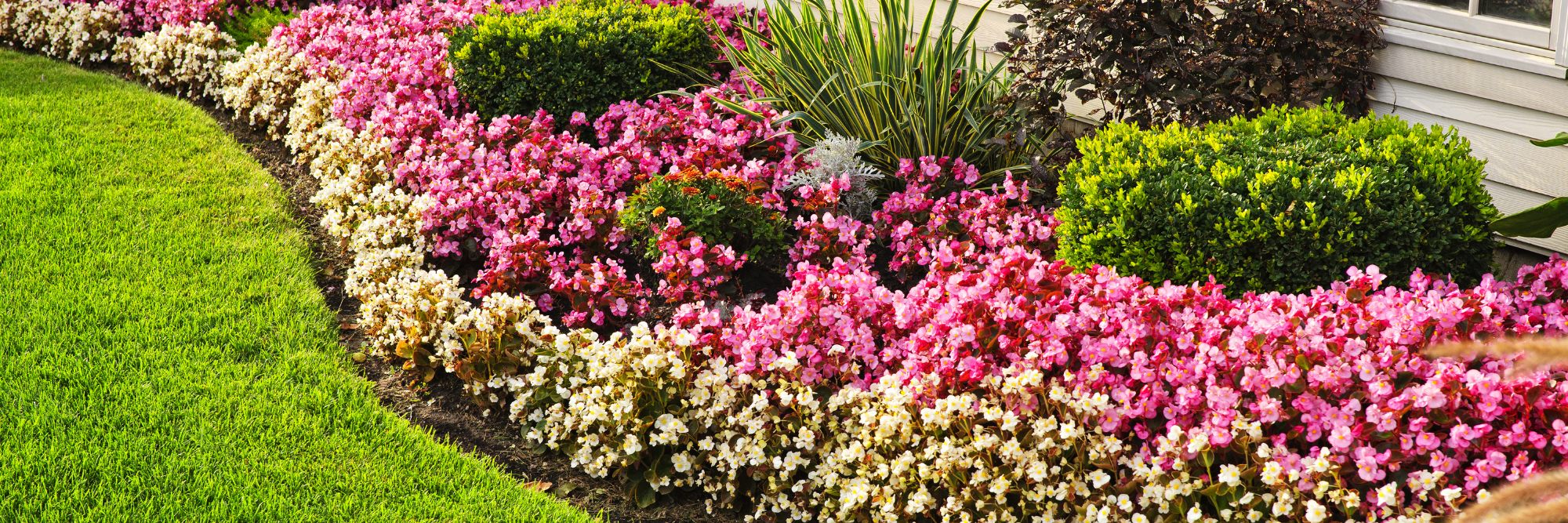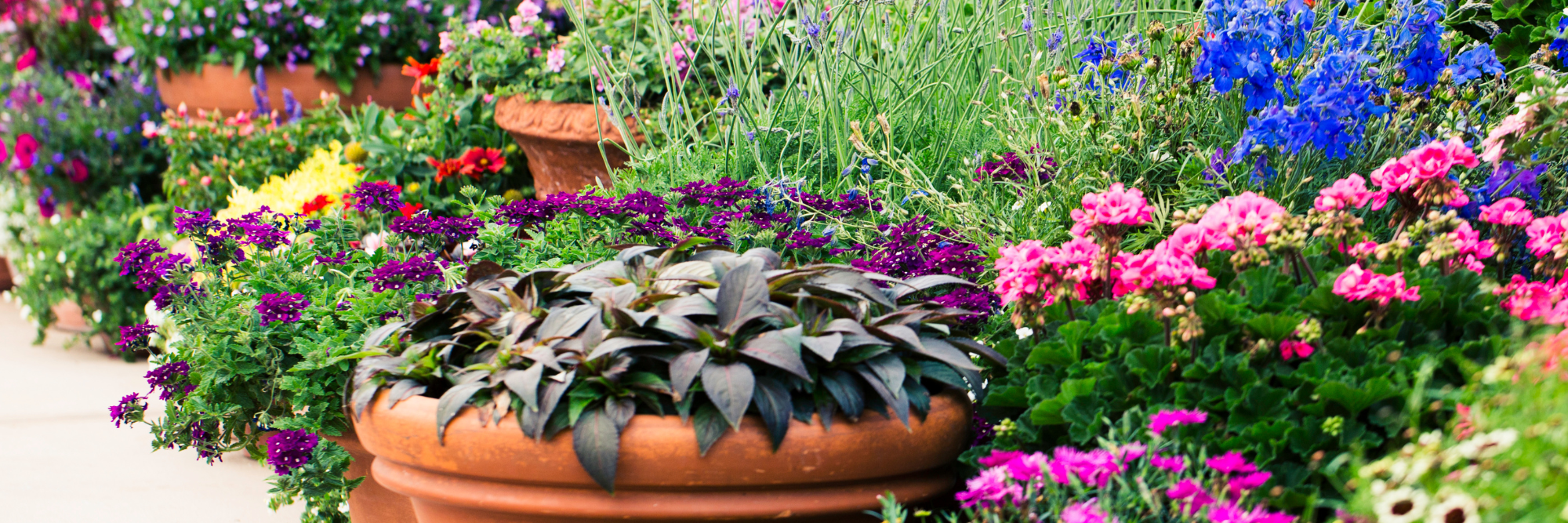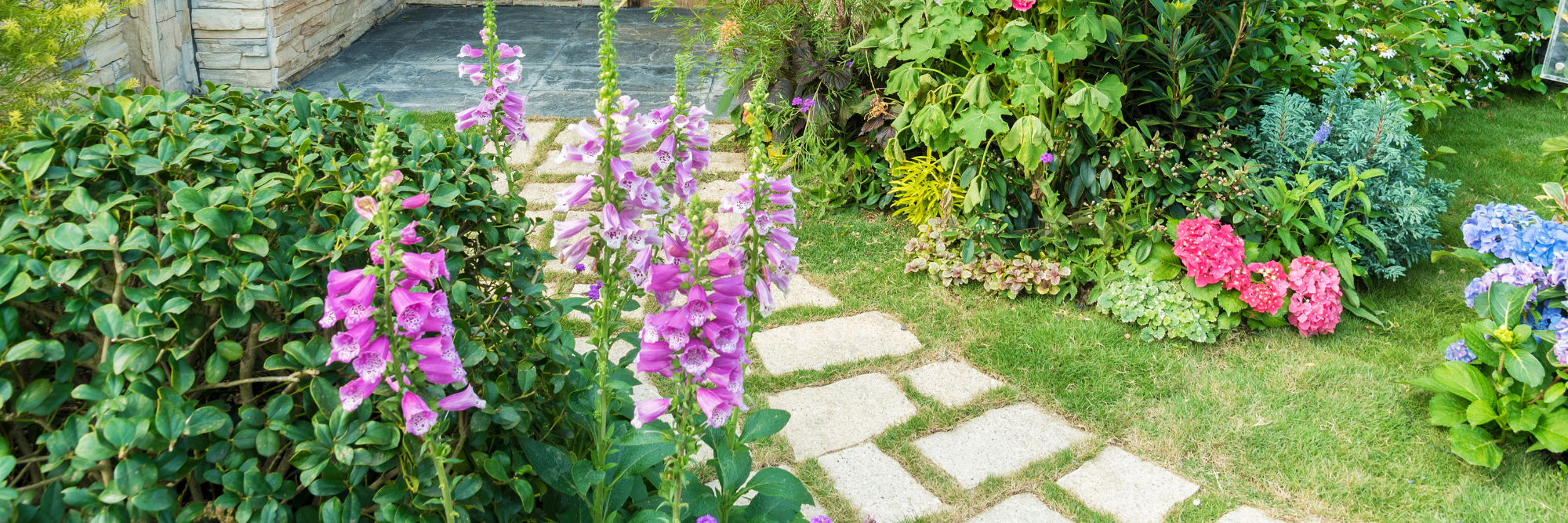Organic Pest and Disease Management for PNW Gardens
This is the last blog post from my gardening series and I realized we needed to talk about a crucial aspect of maintaining your green paradise – pest and disease management. Balancing the enjoyment of your outdoor space with the readiness of your home for potential listing situations is key. In this guide, we’ll delve into common pests and diseases in the Pacific Northwest and offer organic strategies for prevention and treatment. Get ready to protect your garden naturally and keep it thriving year-round, ensuring both enjoyment and marketability of your home!
Identifying Common Pests and Diseases:
Before we dive into solutions, let’s familiarize ourselves with some of the most prevalent pests and diseases in the PNW:
1. Aphids: These tiny insects feast on the sap of plants, causing wilting and distortion of leaves and stems.
2. Slugs and Snails: These slimy critters can wreak havoc on tender seedlings and young plants, leaving behind holes and ragged edges on foliage.
3. Powdery Mildew: This fungal disease manifests as a powdery white coating on plant leaves, inhibiting photosynthesis and weakening plant growth.
4. Tomato Blight: A common problem for PNW gardeners, tomato blight is a fungal disease that causes dark lesions on leaves and stems, eventually leading to plant death.
Organic Solutions for Prevention and Treatment:
Now that we’ve identified our adversaries, let’s explore some eco-friendly methods for keeping them at bay:
Companion Planting: Intercropping with plants that naturally repel pests, such as marigolds, basil, and garlic, can help deter aphids, slugs, and other unwanted visitors.
Natural Predators: Encouraging beneficial insects like ladybugs, lacewings, and predatory wasps to take up residence in your garden can help control aphid populations organically.
Diatomaceous Earth: Sprinkling food-grade diatomaceous earth around plants creates a barrier that dehydrates and kills slugs and snails, effectively protecting your garden without harming beneficial insects.
Neem Oil: This natural pesticide derived from the neem tree is effective against powdery mildew and other fungal diseases. Simply dilute with water and apply to affected plants according to package instructions.
Copper Fungicide: For tomato blight prevention, copper fungicide is a safe and effective option. Apply as a preventive measure early in the growing season to protect your tomato plants from fungal infections.
With the right knowledge and eco-friendly solutions, managing pests and diseases in your PNW garden doesn’t have to be a daunting task. Staying on top of these issues not only helps homeowners fully enjoy their outdoor spaces but also maintains the appeal of their homes’ exteriors. By implementing organic prevention and treatment methods, you can protect your plants, preserve the health of your garden, and maintain the charm of your property.




